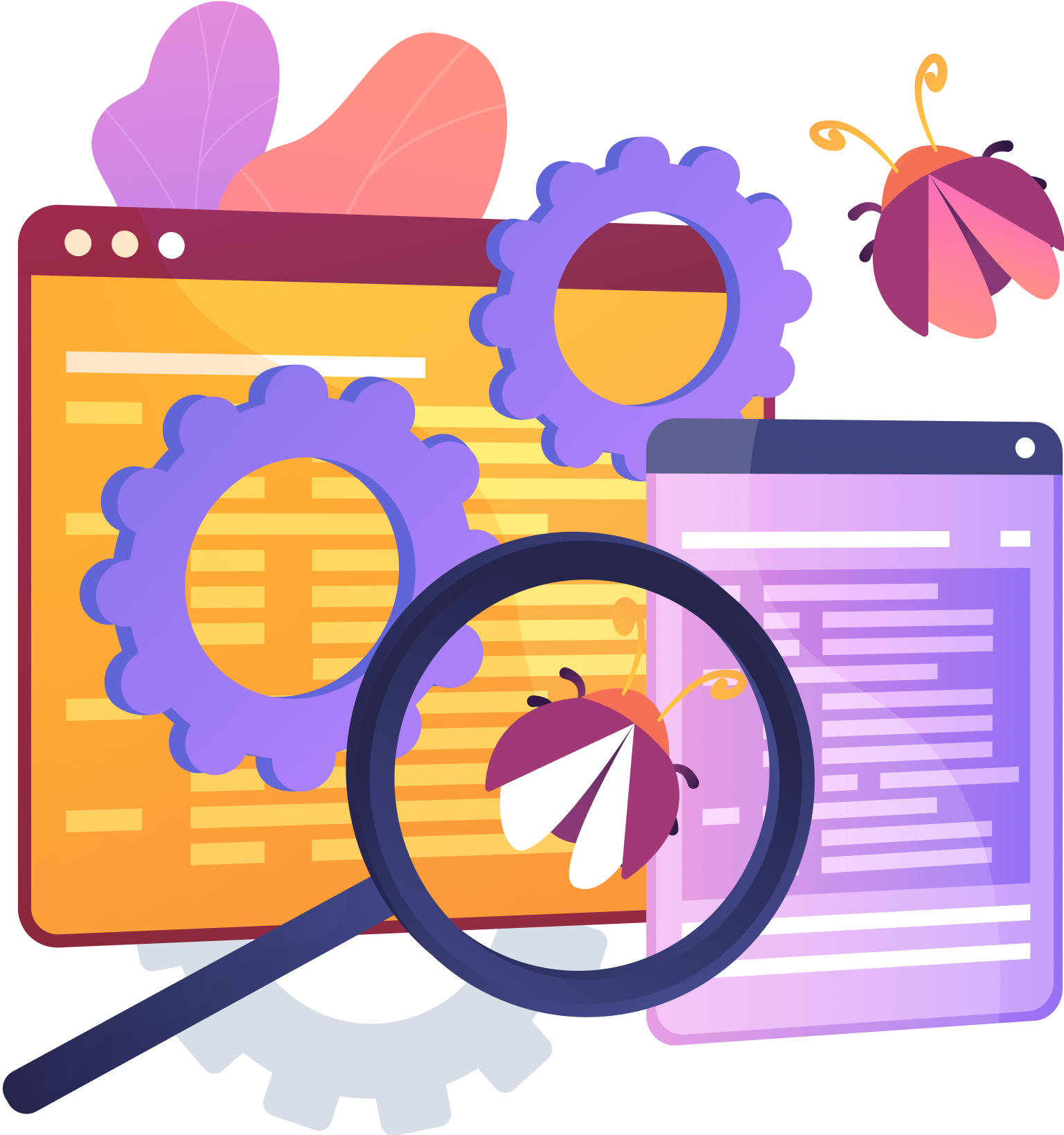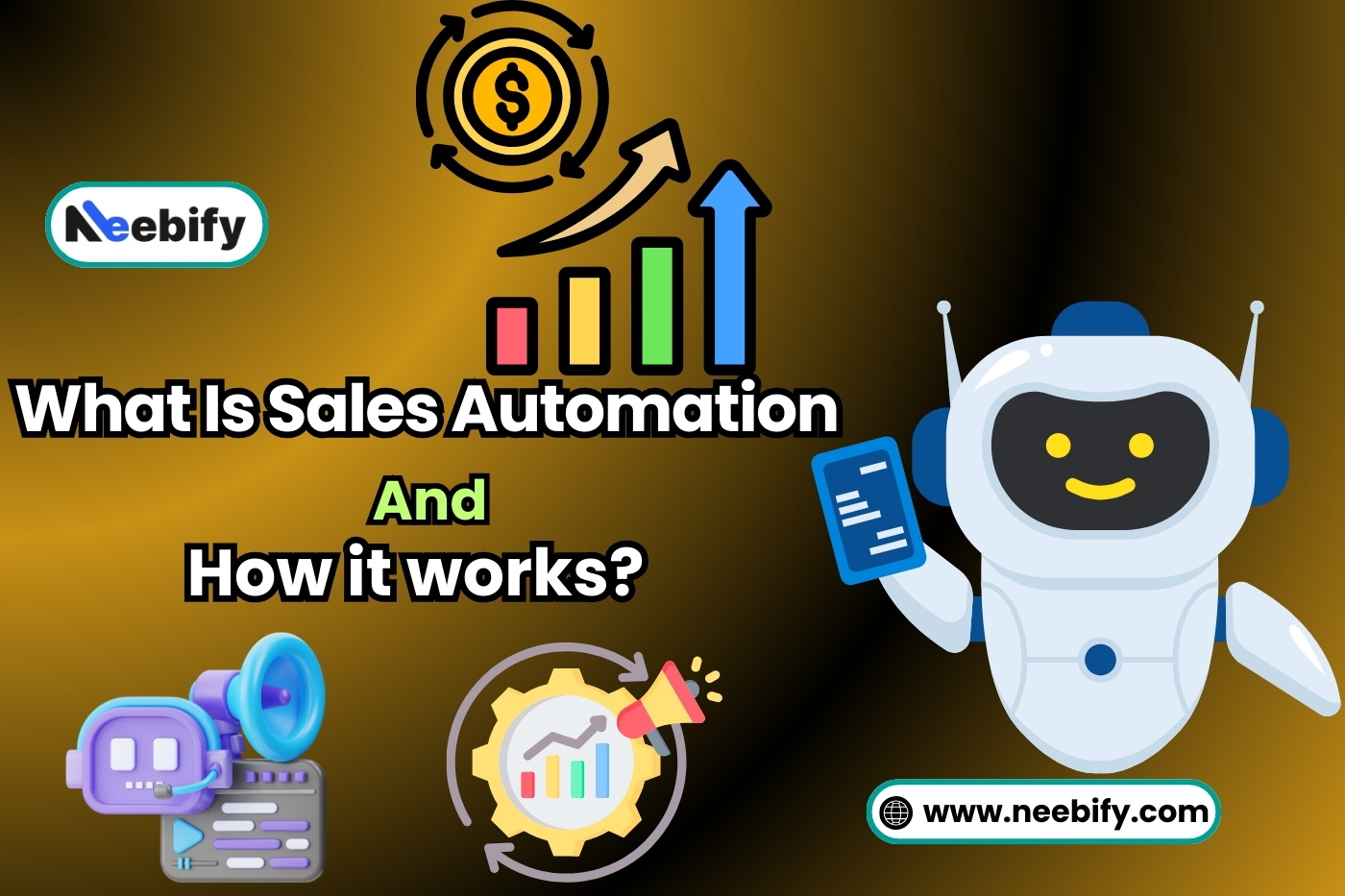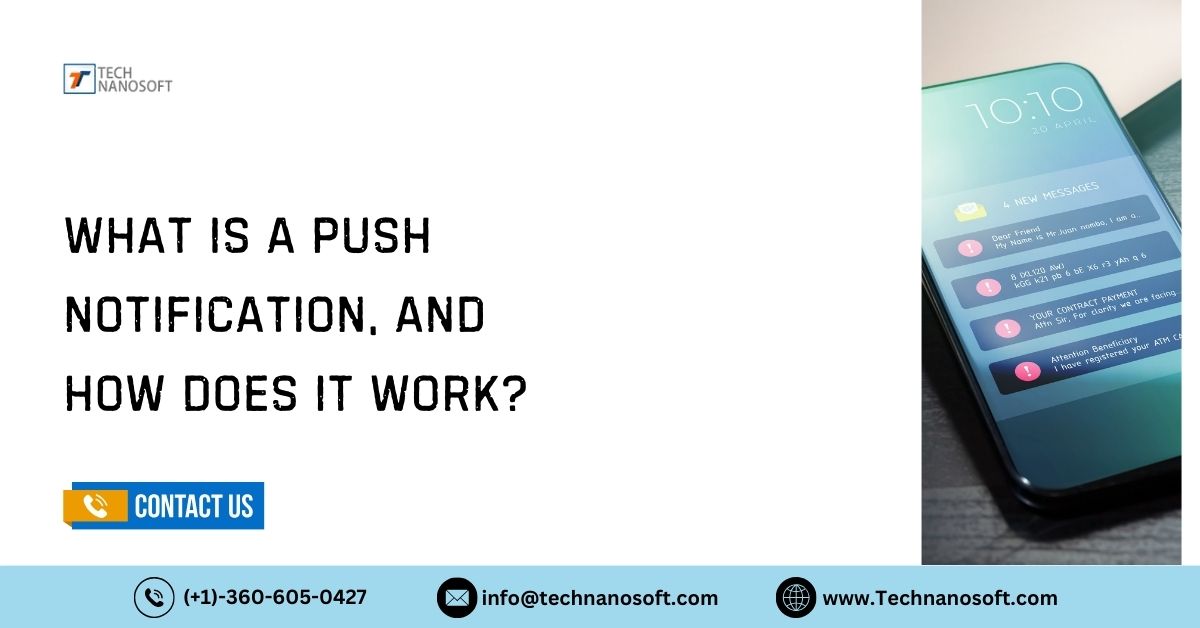A Professional Guide to Blockchain Development - Benefits & Challenges

Introduction:
Blockchain Development has become famous for its critical role in cryptocurrency systems like Bitcoin, which maintains a decentralized and secure record of crypto transactions, known as cryptocurrency. The development of blockchain is that it guarantees the fidelity and security of a record of the data and generates the need for a third party.
Cryptocurrency has become the go-to investment for the masses, especially businessmen. While investing in crypto assets is risky, it is a good investment to gain direct exposure to the demand for digital currency. After calculating, the Crypto Price today has amounted to - Bitcoin at $19,500; Polygon & Ethereum rise to 5%.
Created by an unknown person under the pseudonym of Satoshi Nakamoto, Blockchain has the potential to grow to be a bedrock of worldwide record-keeping systems, replacing the current currency for online cash currency, bitcoin.
What is Blockchain Development
Blockchain development is establishing a sustainable, immutable distributed ledger technology (DLT) that securely documents transactions and maintains assets within a platform, whether certain assets are material, such as cash or real estate, or nonmaterial, like copyrights.
What Does Blockchain Developer Do?
Blockchain developers create secured online transactions conceivable via developing tools for documenting blockchain data in a manner that eliminates modifications or hacks. They design secure blockchain technologies, develop application features and interfaces, and maintain client and server-side applications.
How Blockchain Works Step By Step
Blockchain is a decentralized and distributed ledger technology that securely and transparently records transactions. That's how it works:
Data is added to a block – Each block in a blockchain contains a set of data, such as B. Transaction details or other information.
Block is verified: Before a block is added to the blockchain, it must be verified by various parties in the network. This verification process involves complex mathematical calculations, also known as consensus algorithms, to ensure the data in the block is valid and has not been tampered with.
Block is added to the chain: Once a block is verified, it is added to the existing chain of blocks in the blockchain. Each block contains a unique digital signature that ties it to the previous one, creating an unbroken data chain.
The chain is replicated throughout the network: The entire ledger of the blockchain is replicated across multiple nodes on the network, ensuring that each participant has access to an identical copy of the ledger. It creates a decentralized system that is more secure and resilient to attacks.
New blocks are added continuously: As new transactions occur, new blocks are added to the chain, each containing a unique digital signature that links it to the previous block. Creates a continuous and transparent record of all transactions on the blockchain.
Distributed Ledger Technology (DLT)
'Distributed Ledger Technology (DLT)' focuses on technical architecture and protocols that enable unchangeable immediate access, authentication, and data updating over a network spanning several bodies or places.
In a nutshell, the DLT is based on a "decentralized" network as opposed to the previous "centralized" method, which is expected to be far more significant for fields and organizations that have long relied on a trusted third party.
How Blockchain is Changing Trust Management - The Future of Business
Blockchain technology is revolutionizing how to manage business trust and transactions by creating a secure and decentralized system. The security is for recording and verifying data, and the blockchain offers Transparency and immutability not previously possible. This technology can streamline many business processes, such as supply chain management, digital identity verification, and financial transactions. As it evolves and matures, it is poised to become an indispensable tool for businesses looking to stay on top.
1. Enhanced Security
By creating a record that can't be altered and is encrypted end-to-end, blockchain helps prevent fraud and unauthorized activity. Privacy issues can also be addressed on blockchain by anonymizing personal data and user permissions to prevent access.
2. Greater Transparency
Everything is done on a central platform, from contracts to financial transfers and accounting, leaving a clear audit trail; all transactions are recorded in the Blockchain networks and are time- and date-stamped. Everyone sees the code as proof.
3. Instant Traceability
Traceability data expose weaknesses in any supply chain — where goods might sit on a loading dock awaiting transit. Blockchain creates an audit trail that documents the provenance of an asset at every step of its journey — this helps provide the proof.
4. Increased Speed & Efficiency
Documentation and transaction details can be stored on the blockchain, eliminating the need to exchange paper. There's no need to reconcile multiple ledgers, so clearing and settlement can be much faster.
5. Automation
Smart contracts reduce human intervention as well as reliance on third parties. Once pre-specified conditions are met, the next step in the transaction or process is automatically triggered.
6. Reduces Paperwork & Errors
Blockchain enables the storage of data and digital assets without needing a server farm and commonly uses a private key. Every piece of information stored on its network is encrypted. Blockchain applications eliminate human error in all accounting activities and make it impossible for fraudsters to tamper with data.
7. Reduces Overhead & Transaction Costs
Blockchain technology reduces costs and makes tracking the movement of goods easier. This creates Transparency in the ecosystem and simplifies payments and other transactions.
8. Verification
On blockchain development services, the buyer and the seller do not need different ledgers of the transactions when assets change hands. Both parties can share a ledger that auto-updates after every new deal, thus making it easy to track and manage digital identities in access authentication.
Click Here: Technanosoft Expert Provides Robust, Reliable, and Scalable Solutions For Software Applications and Development In Mesquite









